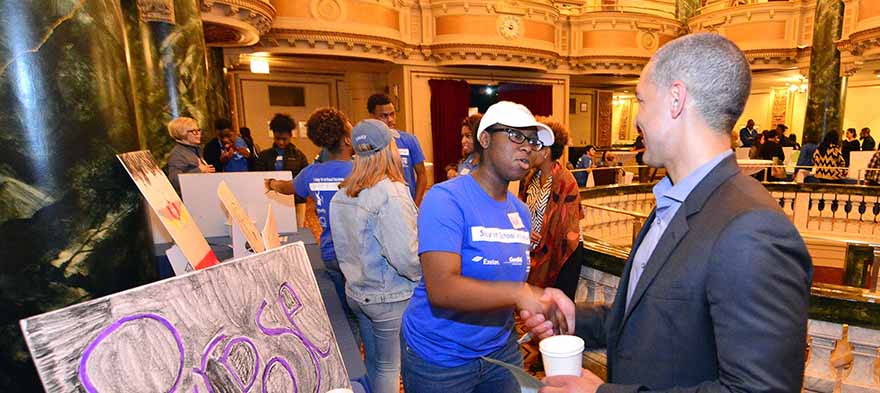
Feb 13, 2018 12:00:00 AM
Daniel Anello is the chief executive officer of Kids First Chicago (formerly New Schools for Chicago), a nonprofit dedicated to improving public education on Chicago's South and West Sides. He previously served as the chief of strategy and external relations for Chicago International Charter School. There, he was responsible for holistic marketing strategy, long-term strategic planning, and identifying organizational growth opportunities for the CICS network. In 2014, Anello played an important role in securing equitable funding for charter school students citywide, working side-by-side with the Chicago Public Schoools budget office on the implementation of student-based funding that remained agnostic to school-type. Anello came to CICS through the Broad Residency, a prestigious professional-development program in which candidates are trained and placed in the educational field. Prior to joining CICS and The Broad Residency, Daniel was an associate brand manager for Unilever and an associate director of marketing for a medical start-up company.
Few issues in education spark more tension and debate than standardized testing. Are they a tool for equity or a burden on students? A necessary check on school systems or a flawed measure of...
Charter schools are public schools with a purpose. Operating independently from traditional school districts, they're tuition-free, open to all students, and publicly funded—but with more flexibility...
Despite the benefits of a diverse teaching force, prospective teachers of color fall out of our leaky preparation pipeline at every stage: preparation, hiring, induction, and retention. Here’s what...
Ed Post is the flagship website platform of brightbeam, a 501(c3) network of education activists and influencers demanding a better education and a brighter future for every child.
© 2020-2025 brightbeam. All rights reserved.
Leave a Comment